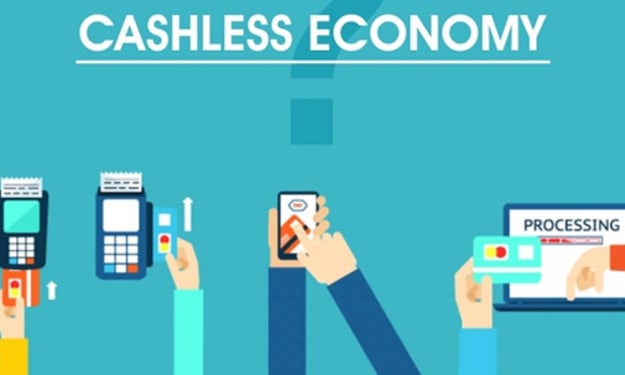The Psychology of Procrastination
Understanding and Overcoming Delayed Gratification

Introduction
Procrastination is a common challenge that almost everyone has experienced at some point in their lives. It's the act of delaying or postponing tasks, even if they are important or essential. It can take many forms, from scrolling through social media instead of working to leaving assignments until the last minute. In this article, we will explore the psychology of procrastination, why we procrastinate, and strategies to overcome this behavior.
Why Do We Procrastinate?
Fear of Failure
One of the main reasons people procrastinate is a fear of failure. When we fear that we won't succeed, we may avoid starting a task altogether. This fear can be paralyzing and lead to a cycle of procrastination.
Lack of Motivation
Another reason people procrastinate is a lack of motivation. We may feel overwhelmed or disinterested in a task, which makes it difficult to get started.
Perfectionism
Perfectionism can also contribute to procrastination. When we set unrealistic expectations for ourselves, we may become paralyzed by the fear of not meeting them. This can lead us to delay starting a task until we feel ready, which may never happen.
Instant Gratification
Finally, the desire for instant gratification can lead to procrastination. We may prioritize short-term pleasures, like watching TV or scrolling through social media, over long-term goals.
The Psychology of Procrastination
The Zeigarnik Effect
The Zeigarnik Effect is a psychological phenomenon that explains why unfinished tasks are more likely to be remembered than completed ones. This can create a nagging feeling that leads to procrastination. The solution is to break tasks into smaller, manageable steps, which can help us feel more accomplished.
Present Bias
Present Bias is another psychological phenomenon that explains why we prioritize short-term pleasure over long-term goals. This can lead us to procrastinate on tasks that require effort or discomfort. The solution is to reframe our thinking and focus on the long-term benefits of completing a task.
The Planning Fallacy
The Planning Fallacy is a cognitive bias that leads us to underestimate how long a task will take to complete. This can lead to overconfidence and procrastination. The solution is to plan for more time than we think we need and set realistic expectations for ourselves.
How to Overcome Procrastination
Break Tasks into Manageable Steps
Breaking tasks into smaller, manageable steps can make them feel less overwhelming and more achievable. This can help us feel more accomplished and motivated to continue working.
Use Time Management Techniques
Time management techniques, like the Pomodoro Technique or Time Blocking, can help us stay focused and on track. By breaking our work into smaller time increments, we can stay focused and motivated.
Practice Self-Compassion
Practicing self-compassion means treating ourselves with kindness and understanding, even when we fail. This can help us break the cycle of negative self-talk and fear of failure that leads to procrastination.
Identify and Address Underlying Issues
Identifying and addressing underlying issues, like anxiety or perfectionism, can help us overcome procrastination. By understanding why we procrastinate, we can develop strategies to address the root cause of the behavior.
Conclusion
In conclusion, procrastination is a common challenge that can be overcome with the right strategies and mindset. By understanding the psychology of procrastination, we can identify the reasons behind our behavior and develop effective strategies to overcome it. Whether it's breaking tasks into manageable steps, using time management techniques, practicing self-compassion, or addressing underlying issues, there are many ways to overcome procrastination. By taking action and making small changes, we can build the habits and mindset needed to achieve our goals and overcome this common challenge.
About the Creator
Tyler Darelift
Hi, Im an Content Writer





Comments
There are no comments for this story
Be the first to respond and start the conversation.